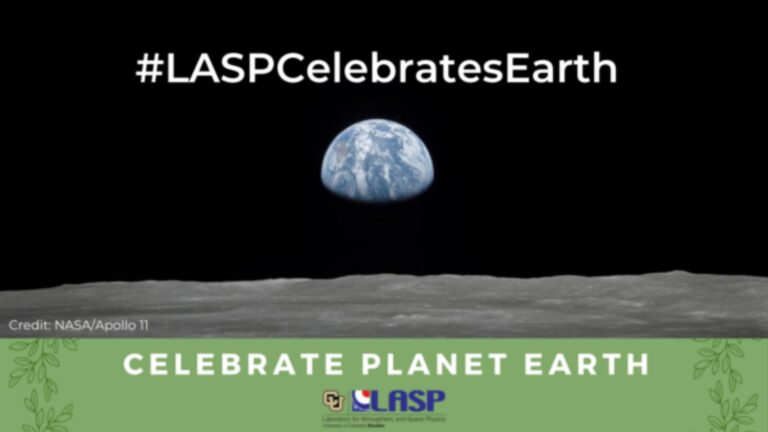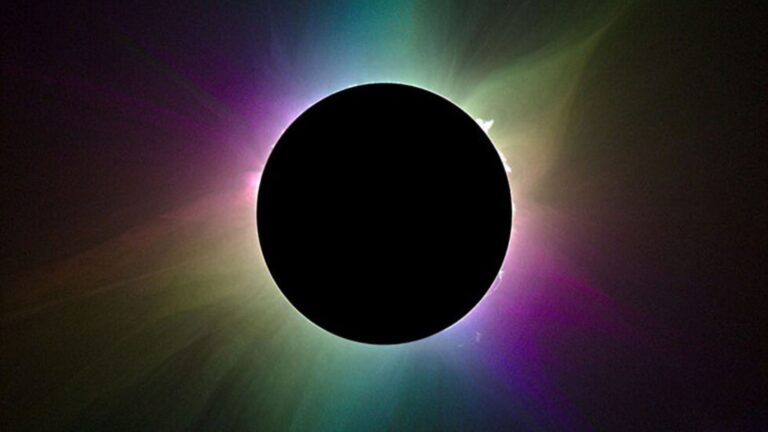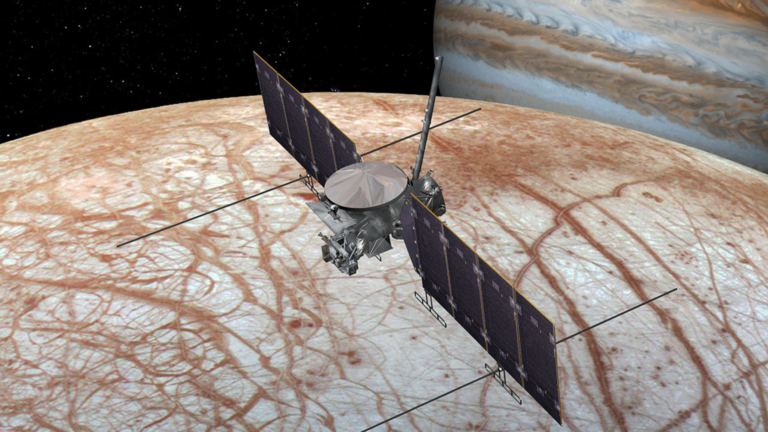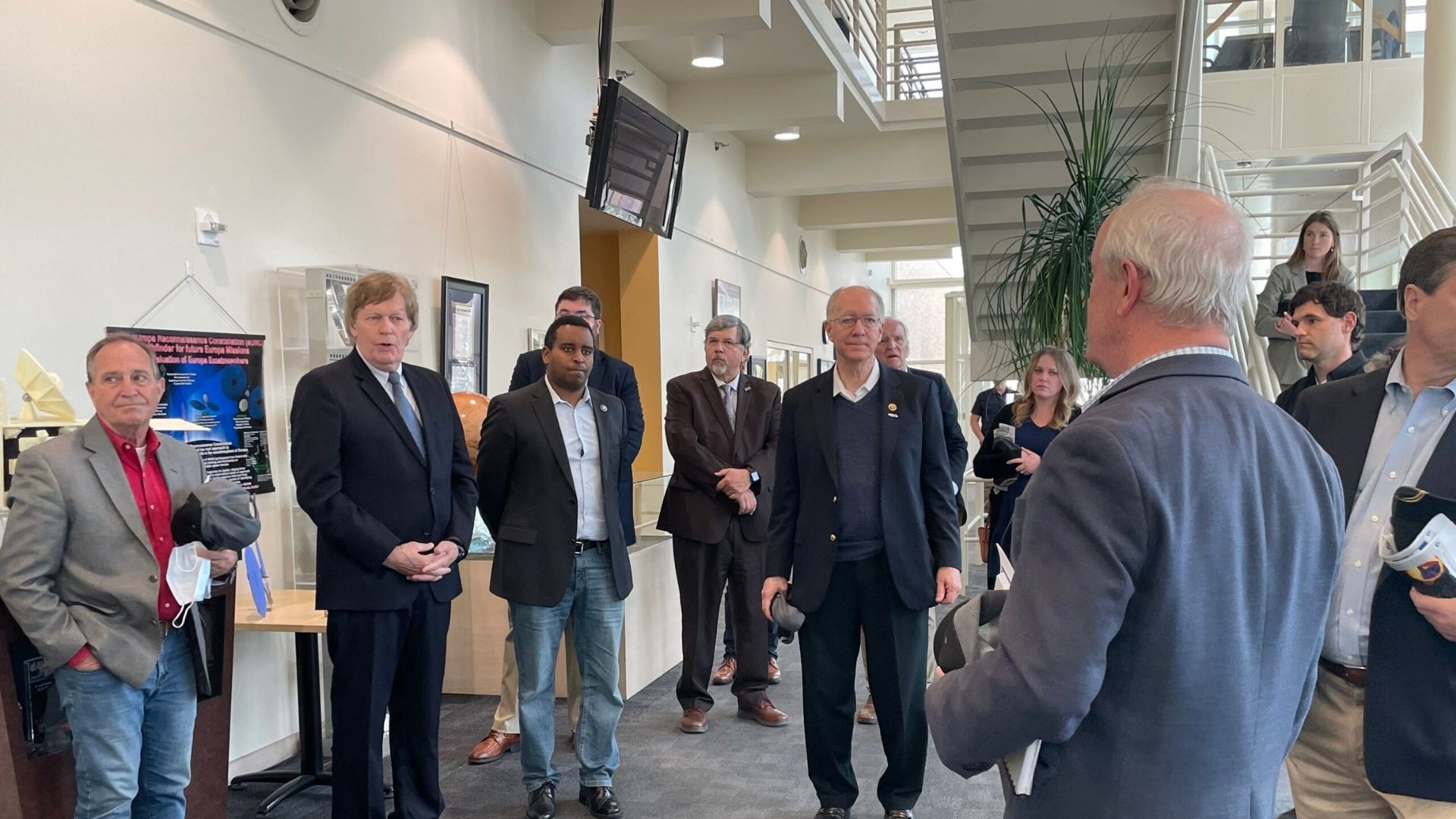
This week the Laboratory for Atmospheric and Space Physics (LASP) at the University of Colorado (CU) Boulder welcomed members of the U.S. House Committee on Science, Space, and Technology along with Colorado’s congressional delegation to our institute. Their visit showcased LASP’s transformational research and innovative engineering solutions resulting from federal partnerships with NASA, NOAA, NSF, NIST, and the NSO, as well as the lab’s extensive collaboration with other university affiliates.
The visit was organized by Representative Ed Perlmutter of Colorado, who has served as a member of the committee since 2015. “LASP is a one-of-a-kind research institute conducting world-class space science to address all aspects of space exploration as well as educate and train the next generation of space scientists, engineers, and mission operators,” said Congressman Perlmutter. “I appreciate LASP welcoming us and taking the time to share their important work with members of the House Science Committee.”
Congressman Joe Neguse of Colorado also participated, along with Representatives Donald Norcross of New Jersey, Jerry McNerney of California, and Bill Foster of Illinois. “I am inspired by the advances in space and technology taking place across Colorado,” said Congressman Neguse. “Labs, researchers, and scientists like those at CU’s Laboratory for Atmospheric and Space Physics are leading in space exploration and carving a pathway for the next generation of atmospheric scientists,” he added. “I was in awe of the groundbreaking research taking place and am proud to have these dedicated individuals in our state.”
During the last fiscal year, CU Boulder merited $634 million in sponsored research funding, including $481 million from federal agencies. LASP accounted for $121 million in sponsored funding through more than 300 research awards.
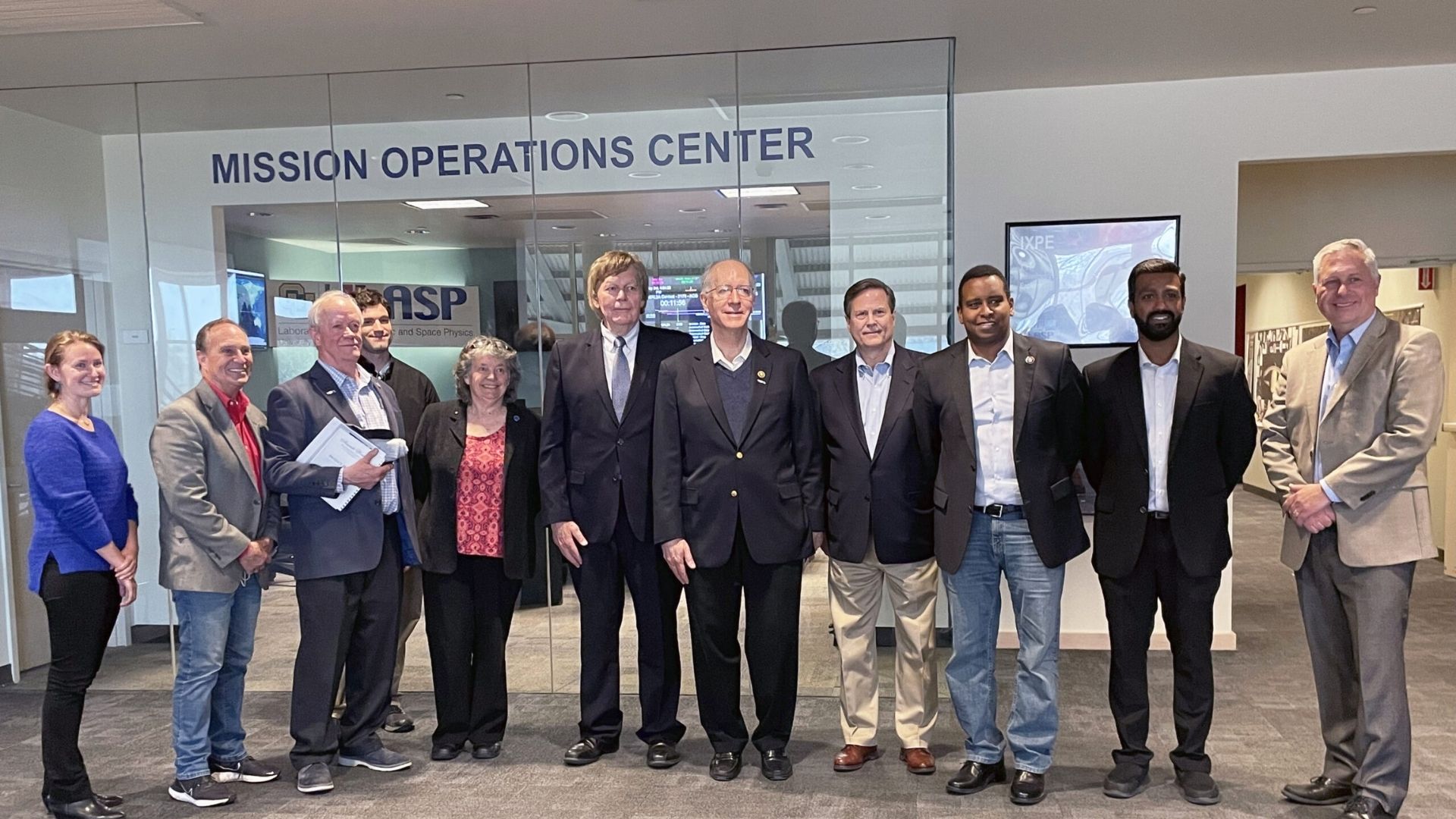
LASP Director Dan Baker led the delegation on a tour of the lab’s facilities, including the Mission Operations Center and several cleanrooms, where spacecraft instruments are carefully built and tested in . This included one where the visitors could see engineers testing the Surface Dust Analyzer, one of the instruments that in 2024 will launch on NASA’s Europa Clipper mission to investigate whether Jupiter’s icy moon harbors conditions that are suitable for life.
“Rep. Perlmutter’s advocacy and unfailing support of LASP’s solar science programs, space weather research, and planetary exploration initiatives have been extremely beneficial and enabling,” said Baker. “To have Rep. Perlmutter bring Rep. Neguse, fellow members of the House Science Committee, and key committee staff members is a special honor and pleasure.”
During the visit, Baker and other lab leaders conveyed the wide range of programs and projects that LASP undertakes in solar, planetary, astrophysical, and Earth and climate science, as well as the key role that CU Boulder, the #1 public university recipient of NASA research awards, plays in national research. “We are immensely grateful to our Colorado delegation for helping us showcase the importance of university-based space research and how LASP is helping our nation stay at the forefront of innovation and technology and preparing for the many challenges that lie ahead of us,” concluded Baker.
Written by Terri Cook – Head of LASP’s Office of Communication Management

